Angus is launching an ambitious bid to turn the area’s bin lorry fleet green with hydrogen power.
It would make the council the first in Courier Country to make the leap.
Bosses say it could slash carbon emissions from the authority’s heavy vehicle fleet by up to 75%.
But they admit there are several unknowns around the idea because of the rarity of hydrogen-fuelled bin lorries on Scotland’s roads.
Aberdeen City Council started using the first hydrogen-only refuse truck earlier this year.
Glasgow is due to take delivery of almost 20 in 2024.
But Angus wants to prove the green technology’s credentials in a rural setting.
Business case
It will submit a business case to Transport Scotland for funding to help buy up to five new clean-powered lorries.
They could cost upwards of £400,000 each going on the cost to councils in other parts of the UK.
Angus communities committee wholeheartedly backed the plan.
Even if ex-Angus Provost Ronnie Proctor chose an unusual comparison to applaud the authority’s ambition.
“It’s exactly the type of hydrogen bomb we want to see dropped in Angus,” said the retired Black Watch Major.
“This is really good news.”
Committee convener Mark McDonald said: “It’s one where you have seen on TV that hydrogen is coming, and in a place like Angus to potentially displace diesel with green hydrogen power is really exciting.”
The trucks would be based at Forfar and Brechin.
And the project ties in with plans for a rural mobility hub at Brechin business park where the hydrogen fuelling station would be.
An outline business case for that project is currently being scrutinised by the Scottish Government.
It’s hoped work will start on site next year.
Refuse lorry demo
The next stage is to bring a demonstration of a hydrogen RCV (refuse collection vehicle) to Angus.
Waste services boss Graeme Dailly hopes the switch will dramatically cut emissions in the council fleet.
The authority runs more than 250 vehicles.
But while almost 70% of its cars are zero emission electric, not a single van or lorry is green powered.
An Energy Saving Trust study found the council’s heavy fleet was responsible for 77% of the authority’s total carbon emissions.
Mr Dailly says it highlights the importance of getting their dirty fuel vehicles off Angus roads.
Hydrogen fuel range advantage
“The daily mileage of an RCV varies from approximately 70 miles when servicing a town/urban area and up to 170 miles when servicing our most rural locations,” he said.
“Electric RCVs will provide a solution for servicing our more urban collection rounds.
“But hydrogen-powered RCVs, which can provide quicker refuelling and longer ranges, will be required to service more rural rounds.
“As there is very limited use of hydrogen RCVs elsewhere it is difficult to provide certainty regarding ongoing repair and maintenance costs.
“The use of hydrogen fuel cells on RCVs is relatively untested, and therefore carries an element of risk.
“However there is the potential for maintenance costs to be lower given there are no combustion engine components subject to wear and tear.”
Earlier this year, Fife Council was accused of “doubling down” on diesel.
It backed out of going electric by buying 13 fossil-fuel powered bin lorries.
Bosses there said the region doesn’t have enough EV charging infrastructure to support their fleet.
Arbikie Distillery hydrogen power first
The bin lorry bid follows a green light for an Angus distillery’s world-leading plan to fuel its operation with green hydrogen.
Arbikie will use a 250-foot wind turbine to power a hydrogen electrolyser at their site overlooking Lunan Bay.
They say it is a global first for the industry and could transform production methods.
Angus planning committee councillors gave an enthusiastic reaction to the project when it came before them on Tuesday.
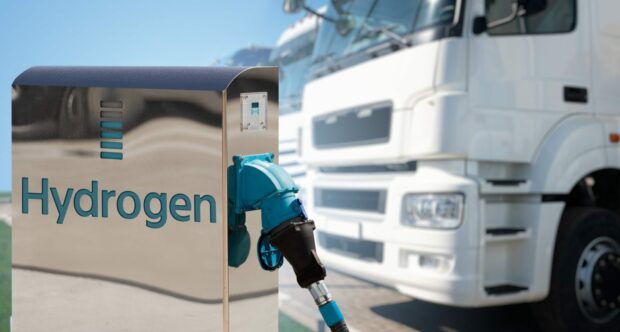
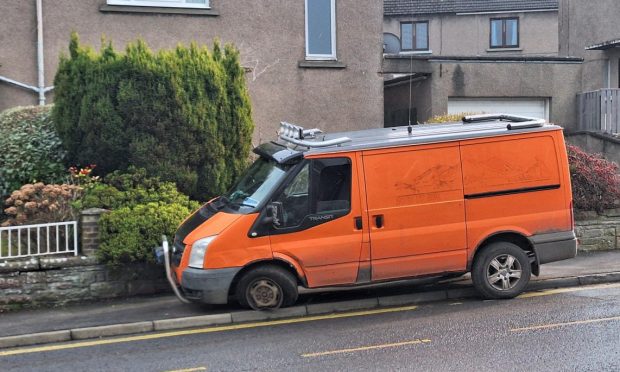
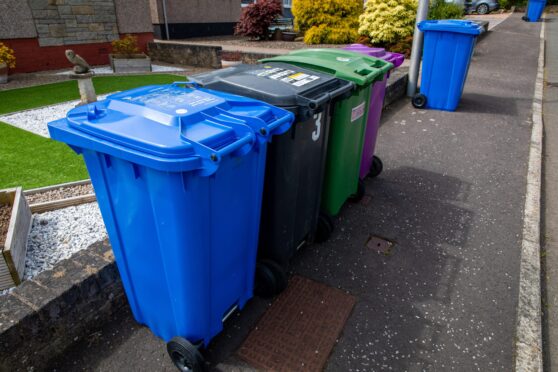

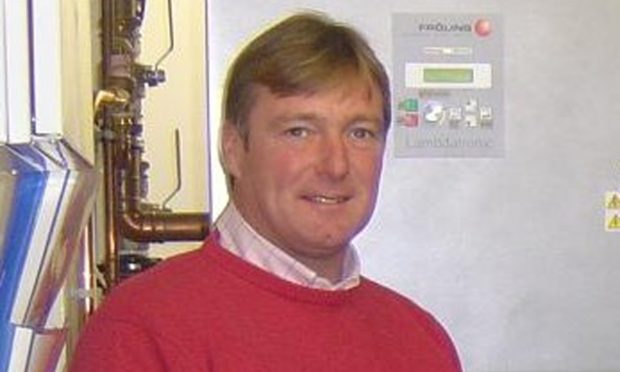
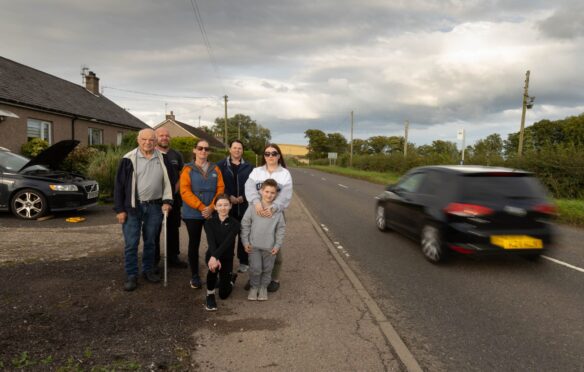
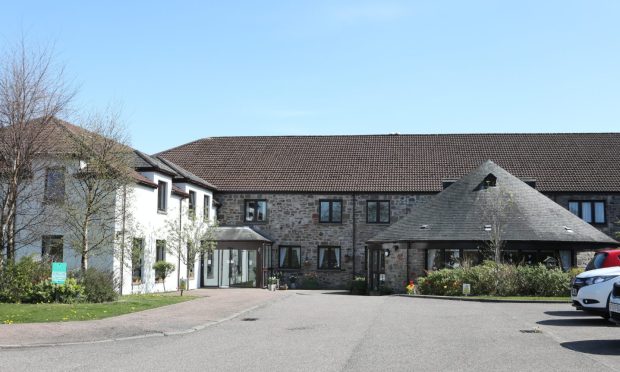


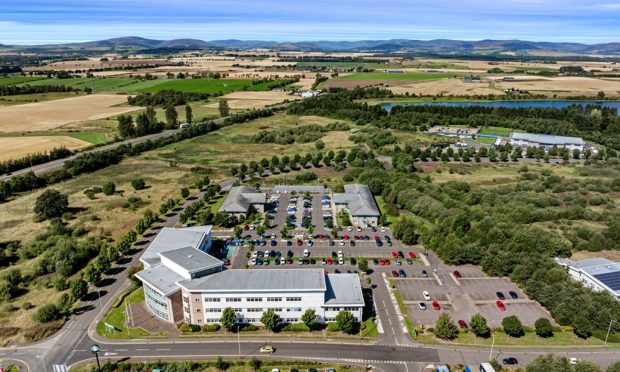

Conversation